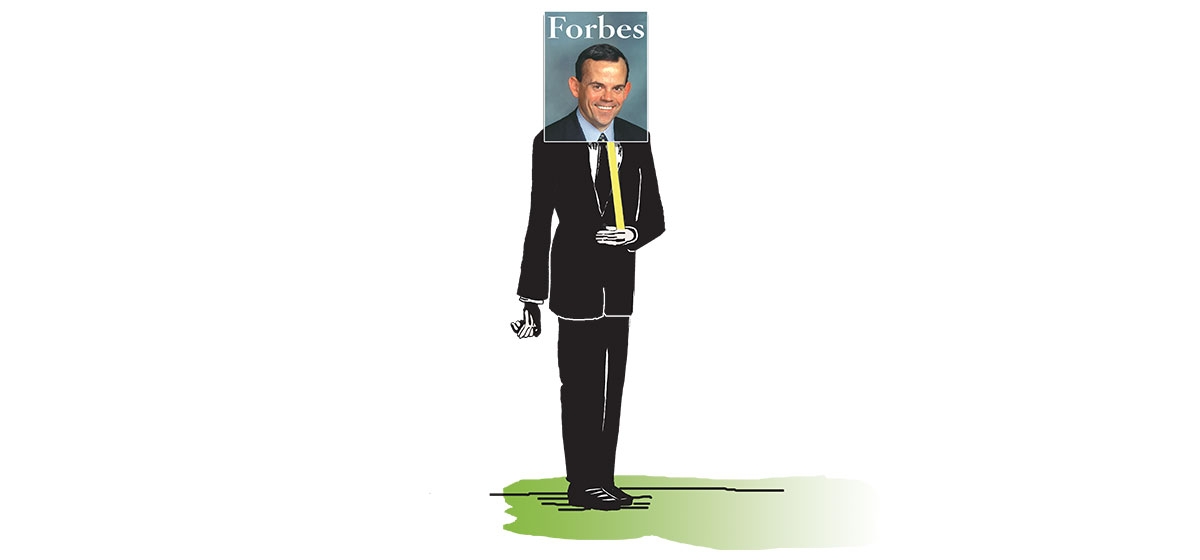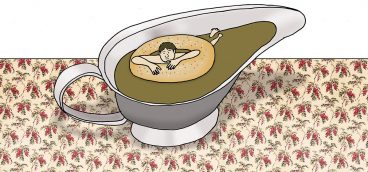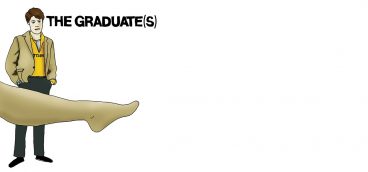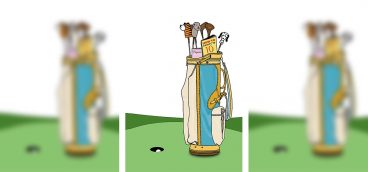
Leaving a job after 10 or 15 years is more like mourning the loss of a close friend than it is a career change. Think about it. You spend 20 years of your life sleeping, five years going the bathroom and 80 percent of what’s left working. So your job is a big part of your life.
It’s been almost two years since I left my job as CEO of Tollgrade after 16 years with the company. And I’m just about through detoxification. But like every seasoned adrenalin addict — in my case the rush of running a public company that was probably killing me — I still get pangs for the old gang at work and even the industry that began to both terrify and bore me to tears.
As I come to terms with this change, one of my friends reminds me that my departure was good for all concerned: “You know, sometimes they just get tired of looking at your face.”
According to a 2005 USA Today article regarding CEOs, “The average CEO tenure has shrunk to about five years, down from a long-term average of a decade.”
I was CEO for almost 10 years, so I sat in the boss’s chair longer than the average bear. I really got my job because nobody wanted it, including me. I happened to keep it because I could never think of anything else that I thought I wanted to do more.
I’ll never forget getting a phone call from my late father back in the early ’90s saying, “Look, I’ve got to pay attention to my other business, so you’re running the company.”
I hung up the phone and wondered what to do next. I was a flack from a public relations agency who was hired to write the brochures. I didn’t know how to run a company, let alone one that was backed by a hearty group of angel investors from my hometown of Erie.
As I sat awake at 3 a.m. like some loser from a Paul Simon album, along came a Tony Robbins infomercial. I bought it. And armed with my “Personal Power” tapes, I’d jog every night in Shadyside and keep on keepin’ on.
Along the way I learned how to go back to irritated shareholders for more money, sell telephone line-testing equipment to a highly technical group of customers, take a company public and choke on a toothbrush every morning after our IPO, wondering if we would make our quarterly analysts estimates.
The public company gig is an animal unto itself. You begin to live your life in quarterly increments. The name of the game was pleasing the analysts by growing the company. We grew the company from nothing to more than $100 million in sales. In the year 2000, we were worth more than $2 billion. That’s right, billion with a “B.”
During that time, my face got plastered over the newspapers and business magazines. But just when I thought it was safe to go into the water, a nice, healthy wave of schadenfreude hit me in the face.
Schadenfreude is the urge to feel really good when something bad happens to someone else. There must have been a lot of happy folk when the joy of the late ’90s telecom boom was replaced by the bunker mentality of only the strong survive.
The irrationally exuberant markets tanked, and a bunch of guys decided to fly some planes into the World Trade Center. And life was never the same. Post-9/11 was pretty tough on telecom equipment companies because it also coincided with the burst of the Internet bubble. Like sailors on liberty, the telcos spent gobs of money investing in broadband service that would be needed by insurgents in the Internet revolution. The bubble burst, and the telcos were left with an over-built network and warehouses full of stockpiled gear beginning to collect dust.
The technology also was changing, and we were racing to keep up. Our bread-and-butter equipment was designed to test the old network. We had to make sea changes in the product line because the wired network was soon to be replaced by the “virtual” network of the Internet phone service delivery. And it was happening faster than anyone ever expected.
Here’s another problem. It takes about a year and half to design and test a new product. It takes about the same time to get through the maze of selling to a telecom network planning meetings, lab testing, beta acceptance testing, contracts and negotiations. That’s about a three-year cycle selling to a customer that wasn’t sure what it was going to do three years down the road.
I got a little tired of shining my crystal ball. And my managers grew tired of my pushing them to succeed despite the fact that our survival required a hardened edge. They all wanted me to tell them what they wanted to hear. Hang in there, and it will be like the old days. Build it and they will come. You will all have jobs for life.
But it wasn’t going to be like the old days. We were no longer the kids of the ’90s technology boom. We were now the fathers and the mothers trying to feed our children during an economic downturn. Once the land of milk and honey, companies providing equipment to cable and telephone companies were now delivering a commodity’s commodity. Pressure from our customers to deliver cheaper but technologically more elegant products was intense.
Because we were always good at making cash, we had a war chest to acquire companies. We completed two successful acquisitions. But with new product lines and shrinking old ones, layoffs were part of the picture.
The business defined me. I wasn’t a person. I had been assimilated into my company as Star Trek’s Capt. Picard became part of the mechanical race of robots called the Borg. I had no outside interests. My life became an endless twilight zone of two-fingered entries into a Blackberry and sitting in the driveway for an hour on a cell phone.
It all started getting not worth it. My dad had his first bypass operation at 37 and died at 57. So unless I was going to eat alfalfa sprouts the rest of my life and work out three hours a day, I’d basically be screwed unless I reduced my stress level.
And I was beginning to feel the effects confirmed by the pleasant experience of an endoscopy and remedied by “the little purple pill.” If stress-induced acid was the start, heart problems couldn’t be far behind.
It began to seem that my wife and I had no time together. She was alone all day doing her charity work and taking care of her dying parents while I thought that I was slaying dragons all day. I began to realize that her work had more meaning than mine. And I missed her.
Then, about two years ago, I bumped into a college classmate. He’d had a similar experience and decided to change. He had founded and sold a software company. After he sold, he worked for a venture capitalist for a while, but the stress didn’t abate. So he checked out and became a college professor.
I decided to go on his plan and get out. So now, I teach wide-eyed college students looking to make their way in the world. I also do a little investing in small private companies. I sit on a couple of company boards. I also give time to charities that I admire.
But the change has been damned difficult. I’ve had to awaken from a 16-year sleep and redefine myself.
I recently re-connected with my former No. 2 at the company. He left the business about five years ago. He likened the post-partum experience to stepping back in time saying, “I’m the person that I was before I joined this crazy business.”
I still miss it some. I miss the orders coming over the fax machine. I miss the meetings. I miss showing off new products at the annual trade shows. I miss some, but not all of the people. Hell, I even miss the customers.
The best part of my years at the helm was meeting my wife — we were introduced by the company’s banker at a Christmas party. The worst parts were my wife’s cancer, the loss of my dad, the loss of my in-laws and the anxiety. We got through her cancer. I’ll never get over my dad. She will never get over her parents.
I’m comforted that I tried my hardest and never gave up. I believe that I did the best that I could with the equipment that God gave me. I tried to be fair with people. If I was hard on them, it was for the good of the company and its stakeholders. I would do nothing different nor trade any moment.
And now? I don’t get stressed out anywhere near as often. And I can sleep. Best of all, I spend a lot more time with my wife, Jane, and our big, dumb black Lab named Bill.
But I’m worried that I’m getting dumber, even though I’ve read more in the last 18 months than in the previous 10 years. I’m also late more and lose track of things more often.
I find myself watching the DVD of a 1991 Harrison Ford film called “Regarding Henry.” It tells the story of a take-no-prisoners lawyer, who suffers severe brain damage when he is shot in the head during the robbery of a Manhattan bodega. With a childlike innocence and curiosity, he clearly is not the same person he was before the incident. He must re-learn everything as he looks at life much differently.
While it is a story of loss, it is a story of profound victory amid life’s fragility. Henry ends up a winner because, after the incident, everyone likes him a whole lot better.





